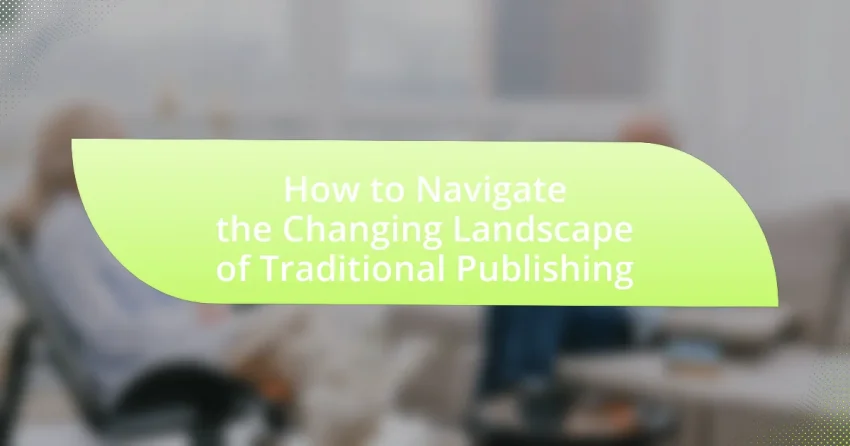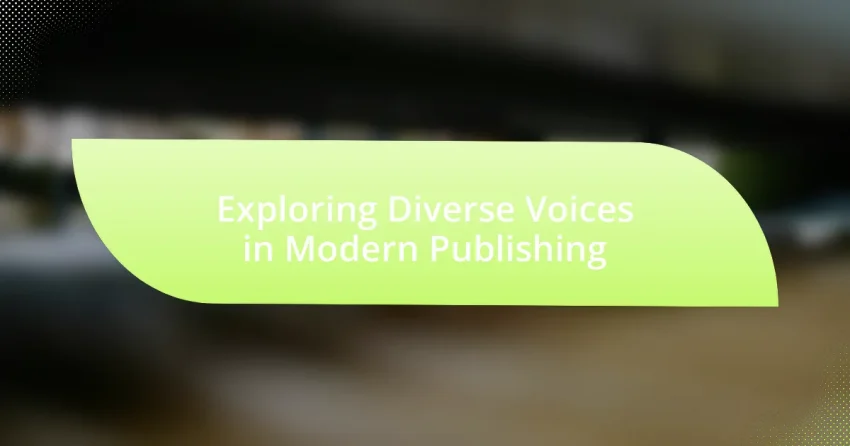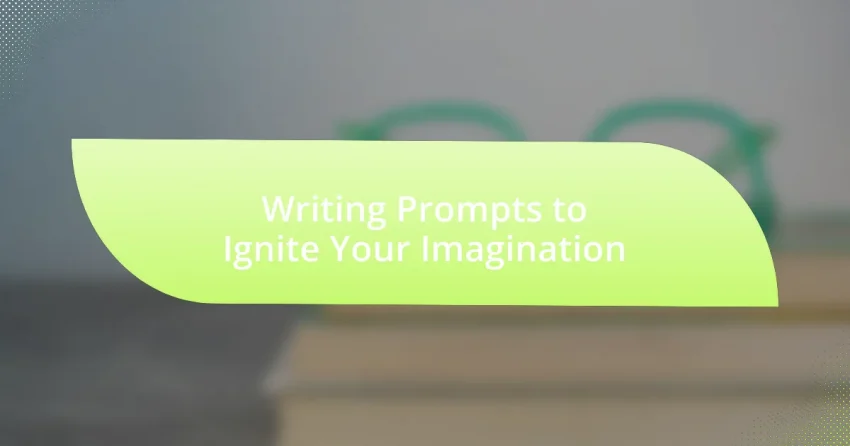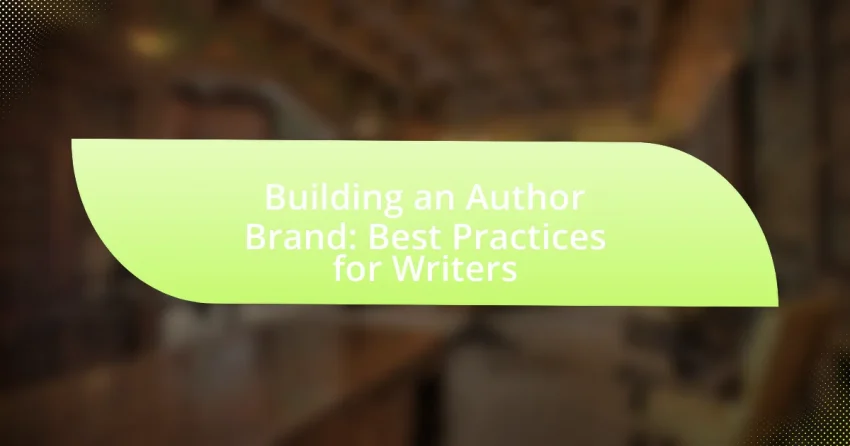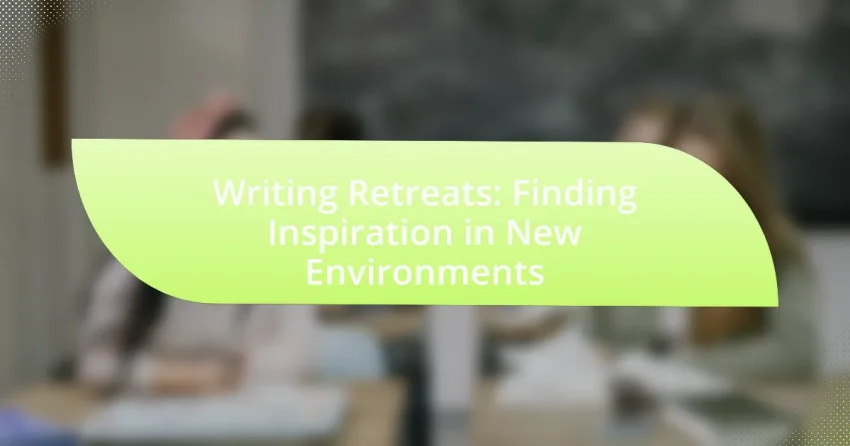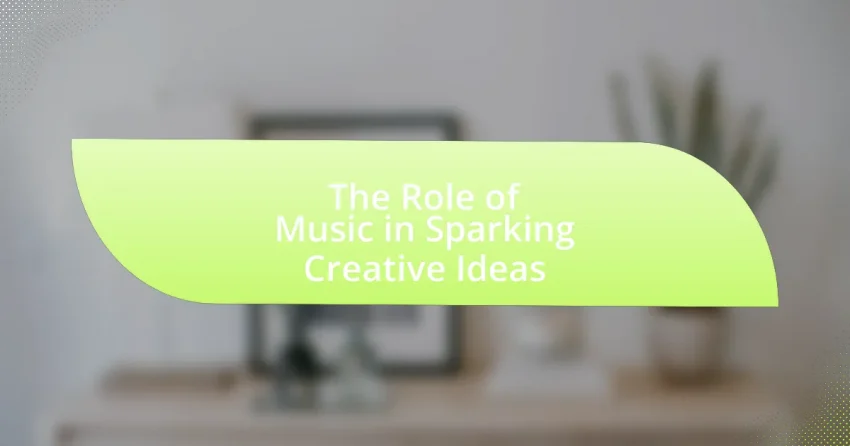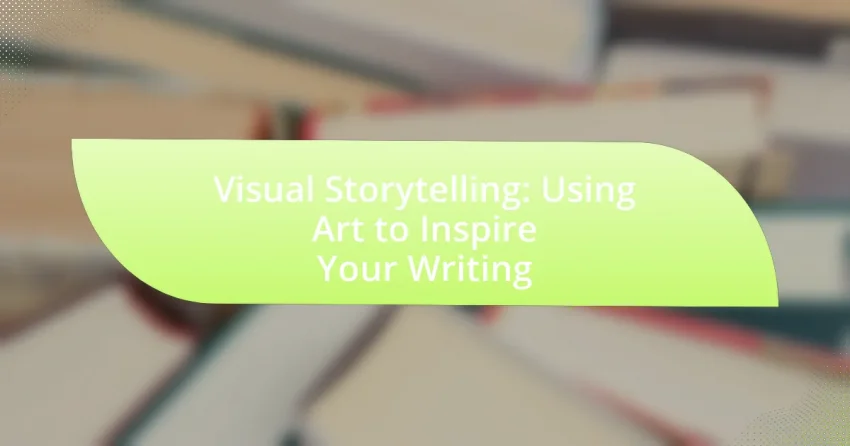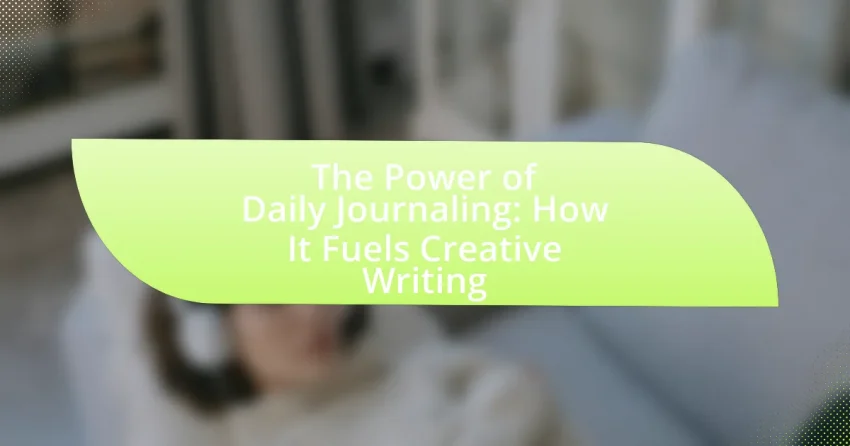The article examines the evolving landscape of traditional publishing, highlighting the impact of digital platforms, self-publishing, and changing consumer preferences. It discusses how traditional publishing has transitioned from a gatekeeping model to a more diversified environment, emphasizing the importance of technological advancements and reader engagement in shaping current trends. Key challenges faced by authors, including…
How to Leverage Book Awards for Increased Visibility
Book awards are significant recognitions that enhance an author’s credibility, visibility, and marketability within the literary community. This article explores the importance of book awards for authors, detailing how they can lead to increased sales, media attention, and new publishing opportunities. It outlines various types of awards, including major literary and genre-specific accolades, and provides…
How to Write a Query Letter That Gets Noticed
A query letter is a formal communication from an author to a literary agent or publisher, proposing a manuscript for consideration. This article outlines the importance of a well-crafted query letter, detailing its key elements such as a compelling hook, a brief synopsis, and author credentials. It also highlights common mistakes to avoid, the significance…
Exploring Diverse Voices in Modern Publishing
Diverse voices in modern publishing encompass the inclusion of authors and narratives from a variety of backgrounds, particularly those historically marginalized. This article examines the importance of diversity in the publishing industry, highlighting its impact on storytelling, representation, and market growth. It discusses the challenges faced by diverse authors, including systemic bias and limited access…
Writing Prompts to Ignite Your Imagination
Writing prompts are specific statements or questions designed to inspire creative writing, playing a crucial role in stimulating imagination, encouraging practice, and overcoming writer’s block. This article explores how writing prompts enhance creativity through psychological mechanisms such as cognitive flexibility and intrinsic motivation, while also detailing various types of prompts, including descriptive, narrative, and genre-specific…
Building an Author Brand: Best Practices for Writers
Building an author brand is the process of creating a unique identity and presence that resonates with a target audience, essential for writers in a competitive market. This article outlines the importance of an author brand, highlighting its role in establishing credibility, fostering reader loyalty, and enhancing visibility. Key elements of a successful author brand…
Writing Retreats: Finding Inspiration in New Environments
Writing retreats are organized events where writers gather in distraction-free environments to focus on their writing projects. These retreats provide structured schedules that include dedicated writing time, workshops, and opportunities for peer feedback, enhancing creativity and productivity. The article explores how writing retreats differ from traditional writing environments, the unique features they offer, and the…
The Role of Music in Sparking Creative Ideas
The article examines the significant role of music in enhancing creativity by stimulating cognitive functions and emotional states. It highlights research findings that demonstrate how music can activate brain areas associated with creative thinking, improve mood, and foster a conducive environment for idea generation. Key mechanisms discussed include emotional arousal, cognitive flexibility, and the influence…
Visual Storytelling: Using Art to Inspire Your Writing
Visual storytelling is the practice of conveying narratives through visual media, such as images and videos, which enhances emotional engagement and memory retention. This article explores how visual storytelling influences writing by integrating key elements like imagery, composition, and color to create immersive experiences. It discusses the psychological effects of visual art on storytelling, the…
The Power of Daily Journaling: How It Fuels Creative Writing
The article explores the significant benefits of daily journaling, particularly its impact on creative writing. It highlights how journaling enhances self-reflection, emotional well-being, and creativity, while also providing techniques to improve writing skills and overcome challenges such as writer’s block. Key topics include the psychological advantages of journaling, the importance of consistency, effective journaling methods,…
